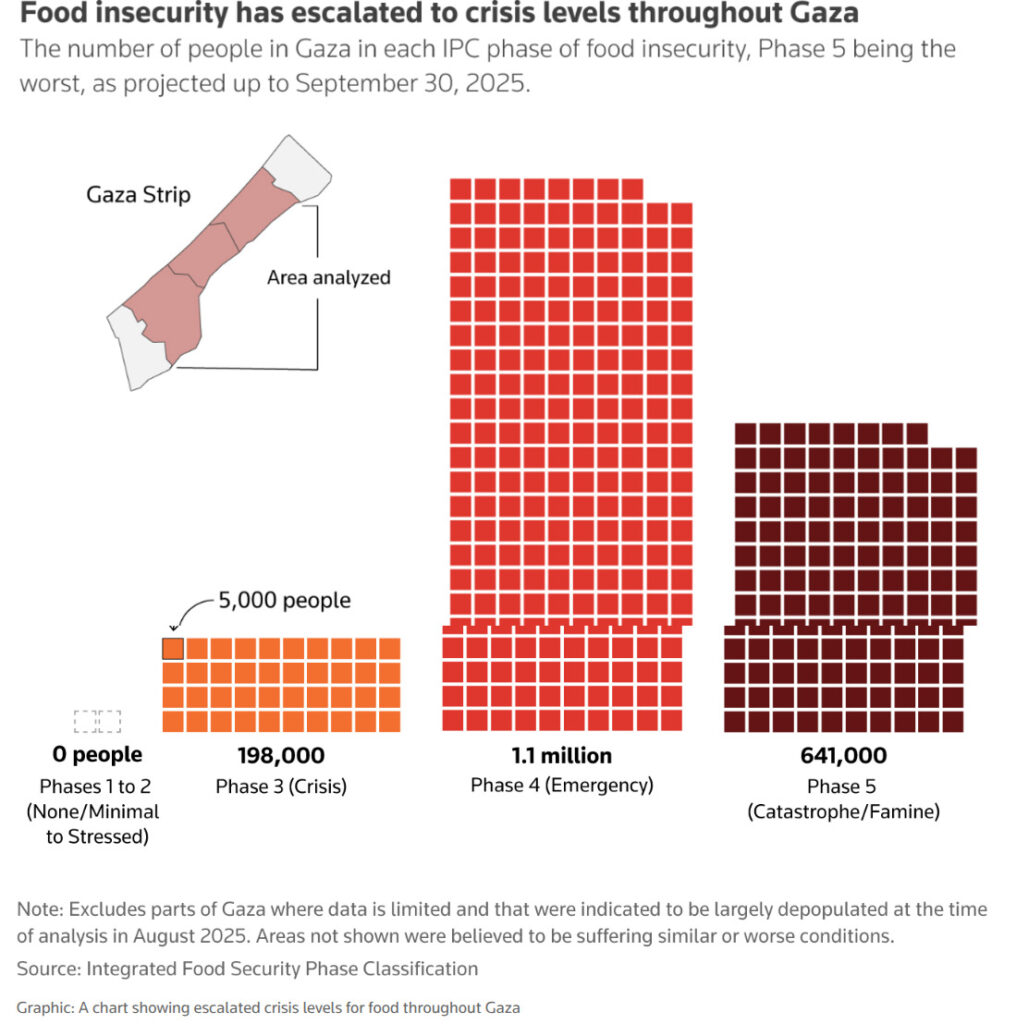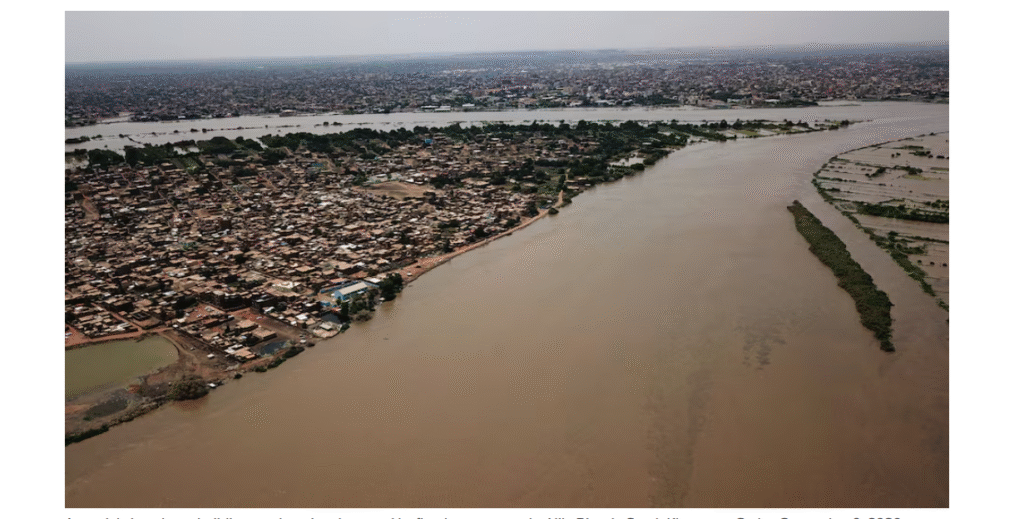Water is back in focus as Ethiopia’s new dam causes fresh disputes with its neighbor Egypt over flooding, while residents of the Dutch-Caribbean asked its courts to order the Dutch state to accelerate its cuts to greenhouse emissions due to rising sea levels.
Let’s start with Ethiopia’s new dam after the rising Nile waters inundated homes and fields in northern Egypt over the weekend, forcing residents to move by boat.
The waterlog has intensified a war of words between Cairo and Addis Ababa over whether Ethiopia’s giant Nile dam has worsened seasonal floods.
In the Nile Delta village of Dalhamo, in Menoufia Governorate, some 50 km (31 miles) northwest of Cairo, men paddled wooden boats through narrow lanes where water lapped at the walls of their homes.
The Nile has long been affected by seasonal flooding due to monsoon rainfall in the Ethiopian Highlands that usually peaks in July and August. But this year a late-season surge has pushed north from Ethiopia, through Sudan, and into Egypt.
In Sudan, the U.N. migration agency said floods in Bahri, Khartoum state, displaced about 1,200 families last week and destroyed homes, compounding an 18-month war that has crippled the country’s response.
Egypt’s Water Resources and Irrigation Ministry has accused Ethiopia of “reckless unilateral” operation of its Grand Ethiopian Renaissance Dam, saying sharp, unannounced swings in water releases after the dam’s September 9 inauguration helped trigger a “man-made, late flood”.
Over in the Dutch-Caribbean, residents told a court that climate change had made life on their island of Bonaire unbearably hot and dry and asked judges to order the Dutch state to cut greenhouse gases more quickly.
Onnie Emerenciana, a farmer in his 60s, told the court that the heat affected the health of the elderly and the poor, droughts affected crops and rising sea levels risked wiping out historically significant slave huts on the island’s beaches. Click here for the full Reuters story.
What to watch
Click here, opens new tab for an inspiring video and article on Bangladesh’s solar-powered “floating schools” which ensure children do not miss class when rising waters cut off roads and villages.
The initiative was launched in 2002 by architect Mohammed Rezwan using $500 of his scholarship money and has grown into a nationwide model run by the non-profit Shidhulai Swanirvar Sangstha (SSS).
Number of the week
91 trillion rupiah
That’s equivalent to $5.49 billion, which is what Indonesia’s plan to build waste-to-energy projects in 33 cities across the country may require in funding, according to their investment minister Rosan Roeslani. The program, designed to address a waste crisis in some parts of the country, will be launched in 10 cities next month, Roeslani said.

Climate lens
Hunger crisis: Israel and Hamas agreed to the first phase of a ceasefire deal for Gaza, which paves the way for humanitarian aid entering Gaza to increase to hundreds of trucks per day, according to an Israeli official and Palestinian sources, which would alleviate an escalating hunger crisis.
By REUTERS
Click here for a Reuters graphic story about one of the biggest stories of the week.
Our Standards: The Thomson Reuters Trust Principles



